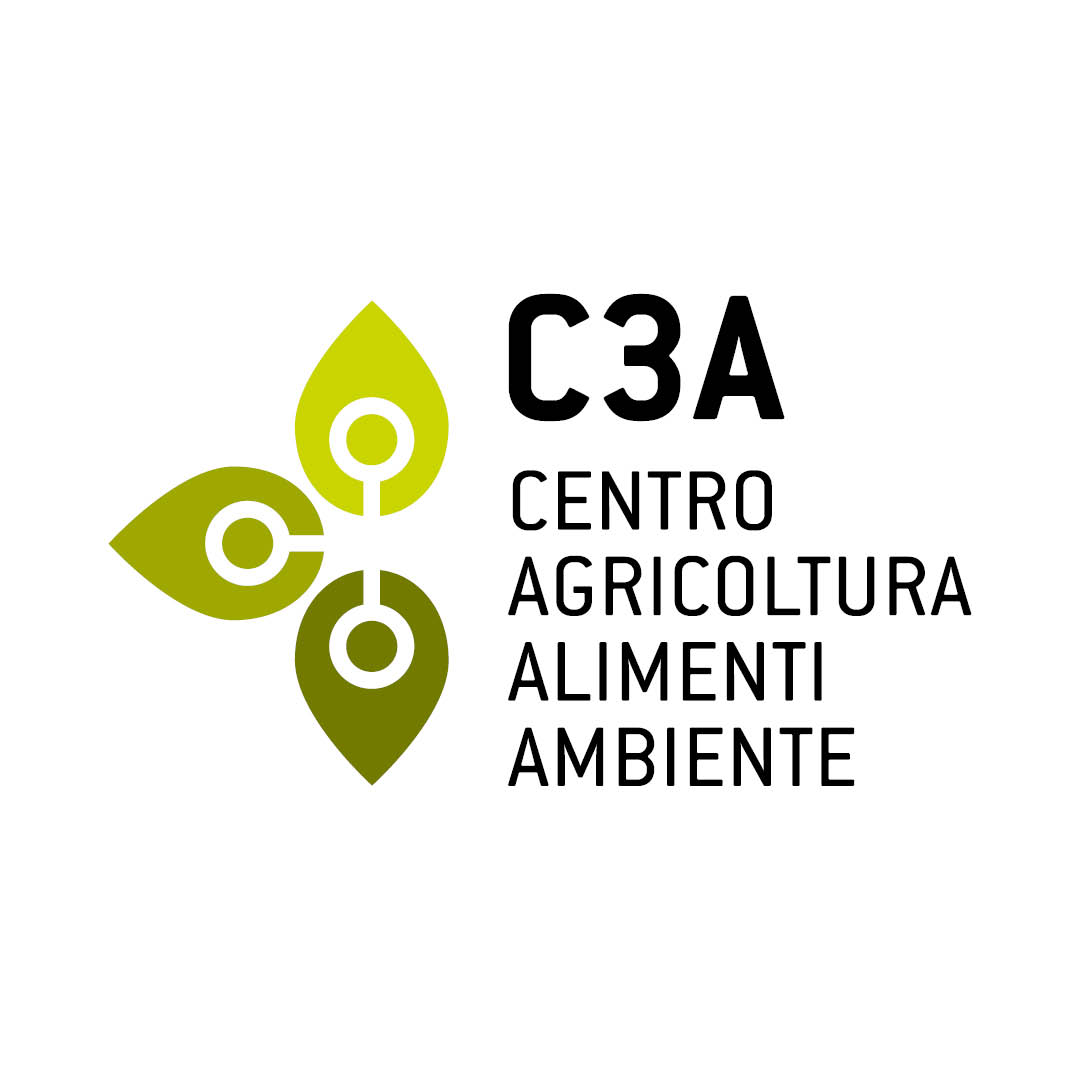
Achieving Balance with Biocontrol of Invasive Species

Abstract
Invasive species are a significant driver of environmental change, impacting biodiversity, ecosystems, and economies worldwide. In the last two centuries, over 12,000 exotic species have been introduced to the European Union, with 13% classified as invasive alien species (IAS), a number that has risen by 76% in the last three decades due to anthropogenic factors and global warming. The Enemy Release and Community Disturbance hypotheses suggest that species thrive in new habitats when freed from native enemies or when new niches are available.
Two major invasive fruit pests, the spotted-wing drosophila (Drosophila suzukii Matsumura) and the brown marmorated stink bug (Halyomorpha halys Stal), exemplify the challenges in managing IAS. Initially, insecticides were the primary
means of control due to their perceived efficiency. However, as understanding of the pests' ecology improved, integrated methods emerged that minimized both damage and chemical use, emphasizing the need for area-wide management strategies.
Among these strategies, classical biological control (CBC) seeks to reverse the enemy release hypothesis by reintroducing natural enemies from the pests’ native habitats. However, CBC alone is insufficient and integrating it into broader Integrated Pest Management (IPM) strategies is essential for minimizing pest impacts below economically damaging thresholds. Here we provide an overview of the progress that has been made in the last decades on the integrated management of these two invasive species.
Bio
Marco Valerio Rossi Stacconi is a researcher at the Research and Innovation Center of the Fondazione Edmund Mach (FEM) in San Michele all'Adige, Italy. He earned his Ph.D. in Applied Entomology from the University of Perugia in 2012. His research focuses on insect morphology, physiology, chemical ecology, and behavior, utilizing advanced microscopy techniques and immunohistochemistry. Marco has held research positions at prestigious institutions, including the Max Planck Institute for Chemical Ecology in Germany, the Biozentrum at the University of Wuerzburg, and Oregon State University in the USA. He is the lead for the quarantine platform at the Fondazione Mach and works on the biological control program for several species.